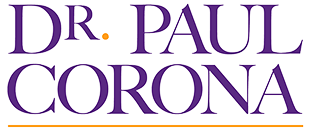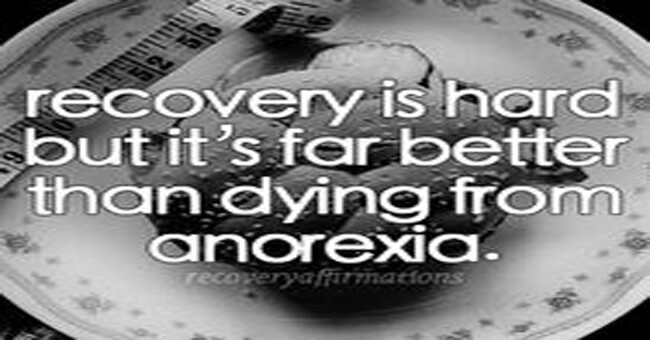In the first part of this series on Eating Disorders, I’ve addressed the absolute seriousness of this disease, as well as some of the more subterfuge signs to look for.
Treating eating disorders is a complicated process as it involves so many aspects of the human personality, chemical unevenness in the brain, mood disorders, OCD aspects and low self-confidence, to boot.
The reason some of these patients cannot break free (it’s not an exaggeration to compare their condition to an addiction), is because hidden among all the other factors contributing to their ED is a mood disorder. I hope that some day everyone has a much better education in how important a healthy diet is to brain function and how many mental conditions can be resolved with a proper balance of vitamins, minerals and proteins. EDs are notorious for confusion, poor judgment, irrational thinking and other conditions that interfere with brain functions.
When I introduce ED patients to mood normalizing medications, I explain that by bringing their neurochemicals into a proper balance, their metabolism will improve, they will have more energy, and their motivation will increase. Getting the chemical part of their condition resolved will go a long way in bringing them to the place where they will be able to tackle the physical part of their health care on their own.
Treating Eating Disorders
It’s important that we find categories that match the neurological patterns, personal behaviors and symptoms of ED. Determining the right classification directs me in the most proven ways to treat the specific eating disorder. ED patients derive enormous help from mood normalizing medications that relieve them of anxiety and depression, bipolar disorder, and other conditions that result in stress to the body. Moreover, these medications enable them to control stress. To attempt recovery from an Eating Disorder without medications is like trying to push a huge boulder up a steep hill.
For Anorexia Nervosa and Bulimia Nervosa, I recommend selective serotonin reuptake inhibitiors such as Prozac, Zoloft and Lexapro. SNRIs may be better for some , especially if there are somatic symptoms or high anxiety. But form there, the paths split.
Bulimia clients respond more readily (and additionally) to “anti-seizure” mediations such as Topamaz, which is excellent for control of appetite and the temptation to binge.
For a more detailed description of medications that can be safely used for the rehabilitative aspect of Anorexia or Bulimia, purchase my book, Healing the Mind and Body, Volume I. I’ve devoted nearly 70 pages to my personal observations and treatment recommendations in Chapter Twelve.
As always, I am careful to begin with very low dosages and gradually taper upwards if needed. In this way, I’m able to recognize those who show a special sensitivity to a particular medication.
Achieving optimum benefit of medications as quickly as possible is quite an effective blow to the disorder. If the patient is forced to wait too long in order to experience some kind of benefit from her meds, she may more easily lose heart and give up. Mediations are almost always needed and should not take long to work if they are prescribed in the right way.
Again, Eating Disorders are killers. Please do not hesitate to contact me directly at (949) 481-0118 or complete a New Patient Application for an in-person or Skype consultation with me.




